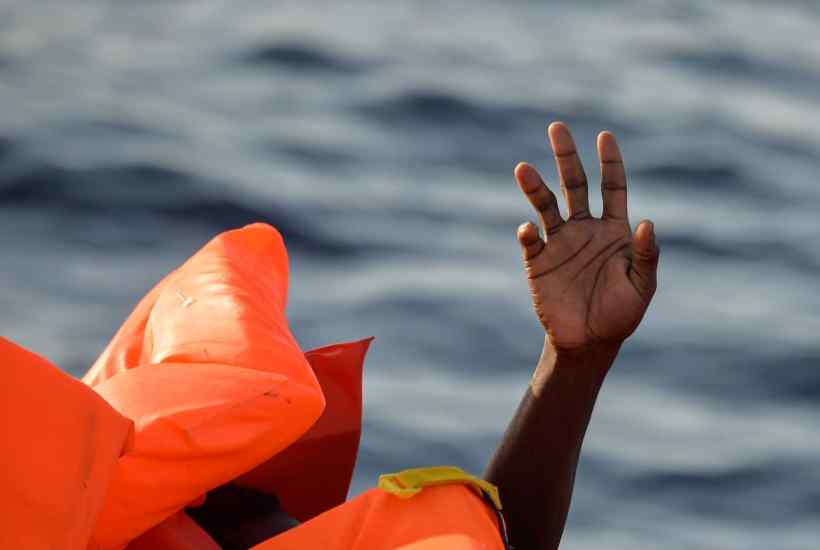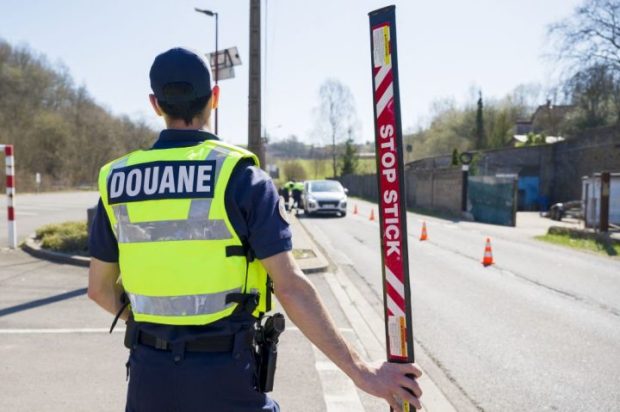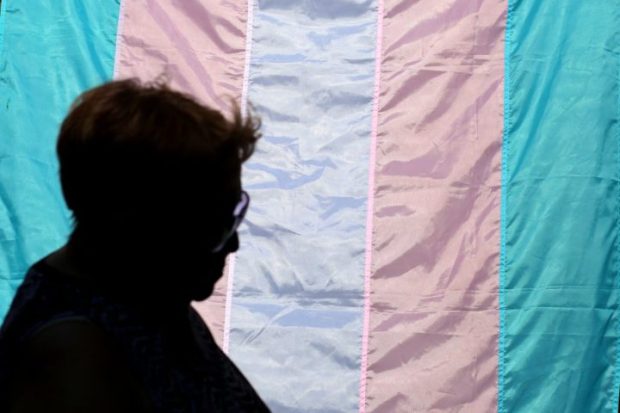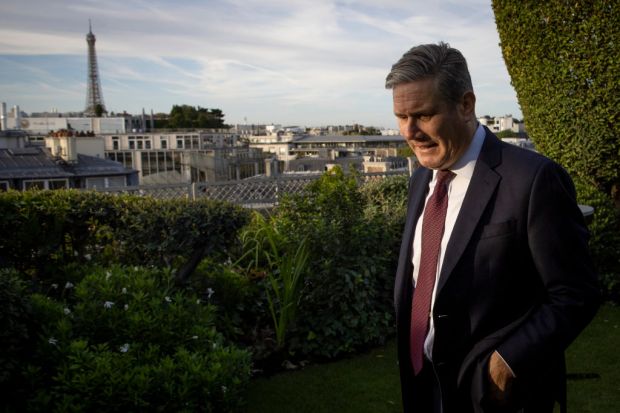Earlier this month I spent a week in Sicily, driving south from Palermo to Agrigento and then east to Syracuse and Messina. It was my first visit to Sicily in 17 years and, given the media reports, I had expected to find the island crowded with migrants from Africa. In fact, I saw none, other than those I glimpsed in a fenced-off processing centre at the quayside in Agrigento, the first port of call for many migrants who arrive in Sicily.
Last week the local paper in Agrigento drew on official government figures to revealthat so far in 2022, 45,664 migrants have landed on Italian territory, an increase of 40 per cent on the same period last year. Just under half that number (46 per cent) were brought ashore by Italian naval vessels or NGO boats, like the Ocean Viking, which I saw at dock in Syracuse. The rest made their way to Italy by other means.
Of the migrants arriving on Italian soil, the largest proportion are from Tunisia (20.5 per cent), Egypt (19.3 per cent) and Bangladesh (16.7 per cent). The arrivals this year have swollen the number of migrants in what the Italians call the SAI network (system of accommodation and integration) to 95,184, a rise of 23.9 per cent on 2021.
One can only marvel at the compassion and forbearance of the Italians, who, as Nicholas Farrell statedin the magazine this week, have seen an estimated 750,000 migrants arrive on their shores since 2015. The same goodwill doesn’t extend to the EU, as Giorgia Meloni explained to Farrell. ‘Europe must strike a deal to stop the departures and open up hotspots in Libya to process asylum requests and distribute fairly across Europe only the genuine refugees,’ said the woman tipped to become Italy’s next prime minister. ‘Borders exist only if you defend them. Otherwise they do not exist.’
A similar argument is put forward by some politicians and commentators in Britain, exasperated at the growing number of migrants who are arriving in England from France. According to the BBC, around 20,000 have made the passage so far this year, an indication that 2022 will be a record year for people entering the country illegally. France bears the brunt of Britain’s anger at the situation; they counter that it is impossible to patrol hundreds of miles of coastline and that furthermore they themselves are struggling to control their border with Italy. It is estimated that there are between 736,000 and 900,000 illegal immigrants in France, depending on which figures you believe.
Earlier this month the centre-right Republican MP for the city of Nice, Eric Ciotti, toldLe Figaro that in the previous week 1,000 migrants had been detained on the French-Italian border. ‘The situation is no longer supportable,’ said Ciotti, who links the migrant crisis to a deteriorating social situation in France. ‘There’s a rise in communitarianism and delinquency. Foreigners are over-represented in criminal acts. It is therefore necessary to limit the influx of foreigners and facilitate their expulsion.’
Such rhetoric enrages the left but government figuresbear out Ciotti’s claim: in 2021 there were 17,198 foreign nationals in French prisons, 24.5 per cent of the total population, of which the largest proportion (9,793) come from Africa. Among the French population at large, 7 per cent are foreign. The left argue, with justification, that there is likely discrimination in policing and that immigrants are vital to the workforce, particularly when it comes to hard manual labour. Paris is increasingly becoming one giant building site as the city gears up to host the 2024 summer Olympics, and most of the men I see at work hail either from Africa or eastern Europe.
I wroteabout a similar phenomenon in 2020 when France endured two oppressive lockdowns; a disproportionately high number of the people who kept Paris going by cleaning the streets, emptying the bins and manning the shop tills were immigrants, and increasingly France is turningto foreigners to fill the alarming shortage of medical staff.
Most French understand and appreciate this, which is why Eric Zemmour’s presidential campaign bombed so badly; he wanted to halt all immigration to France, legal or otherwise. A France deprived of its hard-working immigrant population would grind to a halt within a week. The right’s argument – Zemmour apart – is that immigration is necessary but in smaller numbers and with better regulation. This is the crux of the immigration bill that will be presented to parliament in the autumn by interior minister Gérald Darmanin. That it will encounter opposition from the left goes without saying; already the media that leans in that direction have labelledit as ‘controversial’.
The bill would make it easier to expel foreigners who commit crimes by accelerating the process and in particular scrapping some of the legal provisions that hitherto have made it hard to deport migrants who transgress. Furthermore, the bill would grant residence permits only to applicants who obtaina certificate ‘proving French language proficiency and acceptance of the values of the Republic’. Darmanin has also mooted the idea of introducing ‘quotas by profession or sectors suffering labour shortages’, an idea that Meloni also envisages implementing if she becomes PM of Italy in next month’s general election.
In June, interior ministers from five EU nations – Italy, Cyprus, Greece, Malta and Spain – voiced their concerns that in the coming months greater numbers of Africans will attempt to cross the Mediterranean, as the grain shortage caused by the war in Ukraine begins to bite.
Statistics from Frontex, the European border and coast guard agency, indicatethat this is already happening: in the first six months of 2022, there were 114,720 irregular entries into the European Union, an increase of 84 per cent on the same period last year. Frontex said that people fleeing the war in Ukraine were not among these entries detected.
The migrants will be arriving on a continent in the grip of its own economic crisis with millions of Europeans struggling to eat and heat. The era of political procrastination is over, and if the current crop of presidents and prime ministers aren’t prepared to defend their countries’ borders, electorates will likely turn to those who are.
Got something to add? Join the discussion and comment below.
Get 10 issues for just $10
Subscribe to The Spectator Australia today for the next 10 magazine issues, plus full online access, for just $10.





















Comments
Don't miss out
Join the conversation with other Spectator Australia readers. Subscribe to leave a comment.
SUBSCRIBEAlready a subscriber? Log in